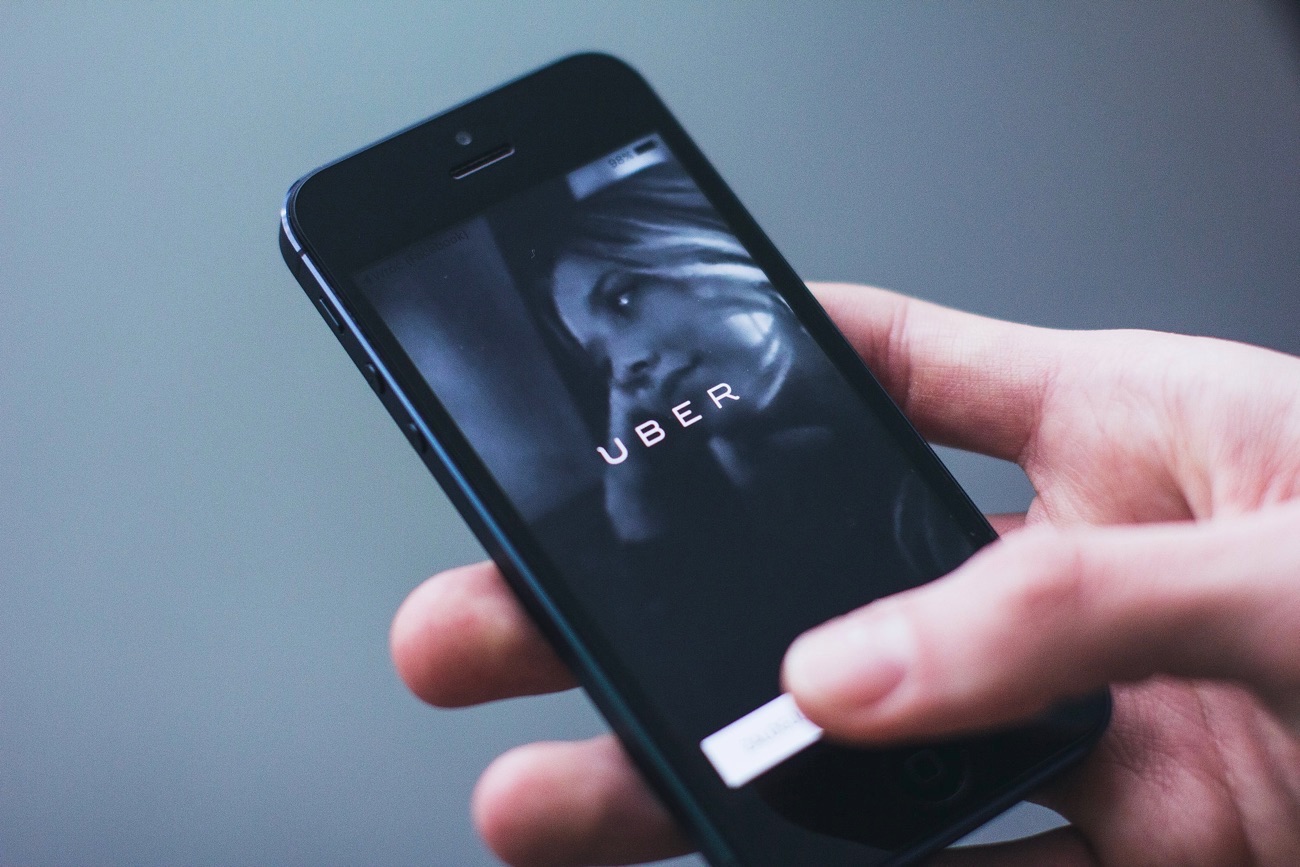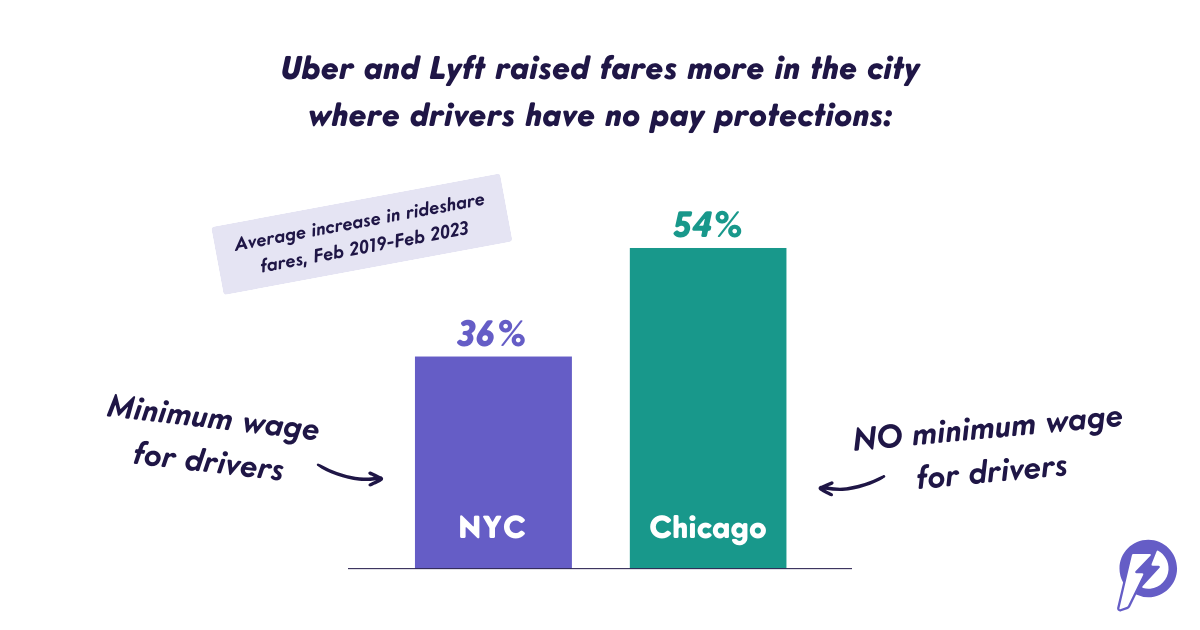- Joined
- Aug 6, 2019
- Messages
- 18,665
- Reaction score
- 8,196
- Location
- Bridgeport, CT
- Gender
- Male
- Political Leaning
- Libertarian - Right
How did that work out? Do you think Lift and Uber deliver the same or better product as the same or lower price?
It's not even comparable. Uber is simply awesome. It's about half the price of what cabs used to charge and every driver I've spoken to likes the job and likes being able to work whenever they want.
The Uber Files leak confirmed: Uber pursued regulatory arbitrage by ignoring laws, launching operations in defiance of local authorities, and then using public demand and elite opinion to rewrite the rules in its favor.
Good. The "authorities" can go f themselves.
Look, I have no illusions that government is flawed, seriously flawed. it is increasingly captured by the wealthy, but the idea that turning it over to the wealthy is the solution? /facepalm.
Like many on the left, you simply do not understand what government is.
I won't disagree. People need to think of healthcare as something that has a cost and that they consume. They need to be incentivized to shop for it rather than it being a fixed cost that they learn when they get the bill.
Yes.
I doubt either of us likes the system we have, but if the prices are what the market will bear, the wealthy will disproportionally consume and control it and outcomes will steeply favor the top 1/3 of Americans.
"Prices are what the market will bear" assumes no competition, innovation, or charitable services, all of which drive prices down and access up.
Furthermore, markets don't always favor the top - they often create abundance and drive down costs (e.g., cell phones, air travel, TVs, lasik). In some sectors, the bottom 2/3 now has access to what was once only available to the elites.
You're an economist. You should want prices to reflect what the market will bear - it's how resources get allocated efficiently. What's the alternative? Price controls, shortages, and rationing?
Let me ask you a very simple question. If you don't answer it, my only response from this point forward will be to ask again.
No need for that. If you consistently answer my questions, I'll answer yours.
If a little girl is sick and will die without treatment, nothing earth shatteringly expensive but more than the average family could hope to afford and lower class families absolutely could not afford, should that child die if they cannot pay?
And please, avoid the assumption that donations will fill the gap. If they could they'd be doing it now for the millions of people, including children that don't have healthcare today.
So what's it going to be, let children die to maintain your free market utopia or steal money from "other people" so this child and children like her can live?
This isn’t an argument for socialized medicine, it’s an argument for a limited safety net in a largely free market system. We can let markets drive innovation, efficiency, and choice, while still stepping in to protect those who slip through the cracks, like a sick child with no means to pay.
Do you support food stamps or government-run grocery stores? Section 8 vouchers or government housing projects? Socialism is always a loser for society.
But anyway, it's generally a bad idea to make laws, or policies based on edge cases. And don't forget that under a government-run healthcare system, people die on waiting lists:

15,474 Canadians Died Waiting for Health Care in 2023-24 - SecondStreet.Org
New research from SecondStreet.org shows that waiting list deaths are at a five-year high in Canada.
 secondstreet.org
secondstreet.org



